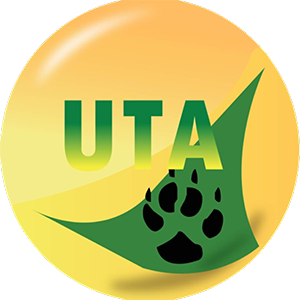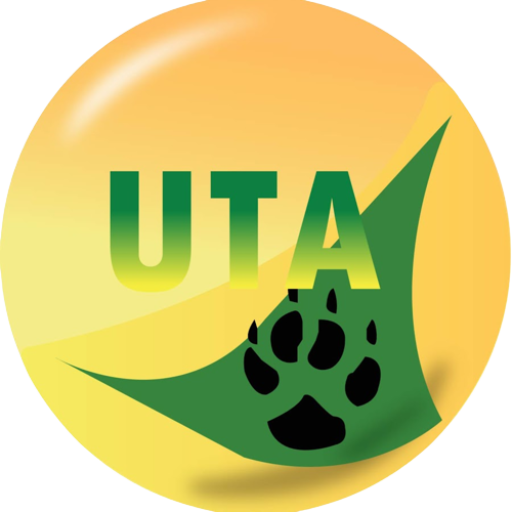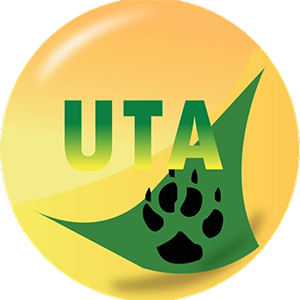The History of the Uganda Tourism Association (UTA)
The Uganda Tourism Association (UTA) is the apex body for the private tourism sector in Uganda, representing a broad coalition of tourism trade associations.
Established in 2014 as a company limited by guarantee without share capital, UTA was created to unify and advocate for the diverse stakeholders in Uganda’s tourism industry.
Founding and Early Years
UTA was officially incorporated in 2014 under the Companies Act of Uganda, bringing together several key industry associations.
The founding members included the Association of Uganda Tour Operators (AUTO), Uganda Hotel Owners Association (UHOA), Uganda Safari Guides Association (USAGA), Uganda Travel Agents Association (TUGATA), and Uganda Community Tourism Association (UCOTA).
These organizations recognized the need for a unified voice to engage the government, promote tourism, and address industry challenges collectively.
From its inception, UTA’s primary objectives included representing and defending the interests of tourism trade associations, liaising with the Ugandan government to address tourism-related issues, and marketing Uganda as a preferred tourist destination.
The association also sought recognition and collaboration with international organizations such as the World Tourism Association and the International Civil Aviation Organization.
Growth and Development
Over the years, UTA has significantly expanded its membership and influence. In addition to its founding members, the association now includes a diverse range of organizations representing various aspects of Uganda’s tourism industry. These new members include:
- The Buganda Heritage and Tourism Board (BHTB): Responsible for the promotion and preservation of Buganda’s cultural heritage sites.
- The Uganda Association of Conference and Incentive Industry (UACII): A key player in Uganda’s Meetings, Incentives, Conferences, and Exhibitions (MICE) sector.
- National Arts and Cultural Crafts Association of Uganda (NACCAU): Supporting Uganda’s traditional arts and crafts, with a strong focus on empowering women.
- Hotel General Managers’ Association of Uganda (HOGMAU): Representing leaders of hotels, lodges, and other hospitality service providers.
- The Association of Ugandan Women in Tourism Trade (AUWOTT): Promoting the participation of women in the tourism industry and advocating for their empowerment.
- Kasese Tourism Investors Forum (KTIF): A regional body that supports tourism investment and development in the Rwenzori area.
These additional associations have broadened UTA’s representation, strengthening its advocacy and policy influence within the tourism sector.
By integrating these diverse stakeholders, UTA has reinforced its role as a central coordinating body that promotes quality standards, industry professionalism, and sustainable tourism development.
UTA has also played a pivotal role in securing partnerships, facilitating industry-wide training programs, and advocating for improved infrastructure and investment in the tourism sector.
Through continuous engagement with government agencies and international tourism bodies, UTA has worked to improve Uganda’s competitiveness as a premier travel destination.
Recent Contributions and Challenges
In recent years, UTA has focused on increasing Uganda’s tourism competitiveness by supporting data-driven decision-making, enhancing industry self-regulation, and promoting sustainable tourism practices.
The association has been instrumental in navigating post-COVID-19 recovery efforts, advocating for sector financing, and addressing challenges such as travel advisories, infrastructure gaps, and the need for sector-specific training.
Despite challenges, UTA remains a strong advocate for the Ugandan tourism industry, striving to build a professional, competitive, resilient, and inclusive sector that contributes significantly to national economic growth.


